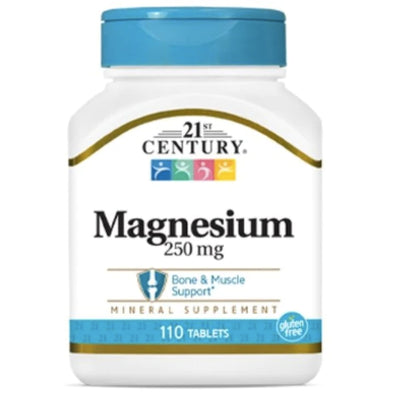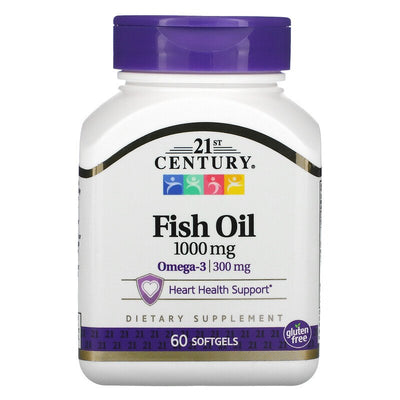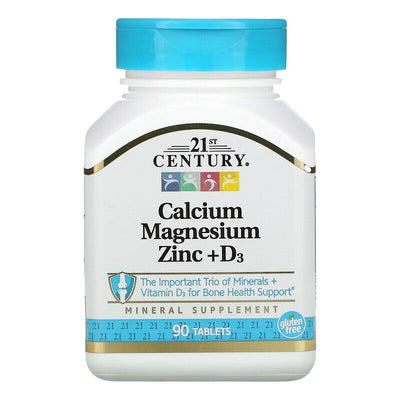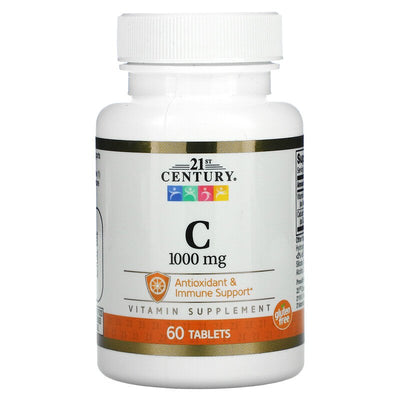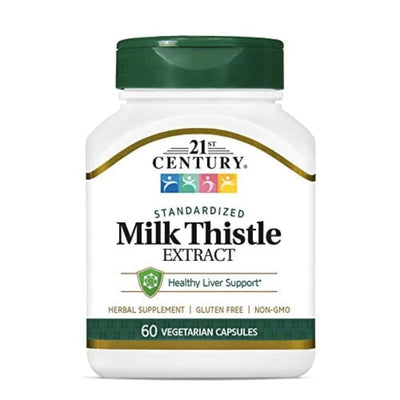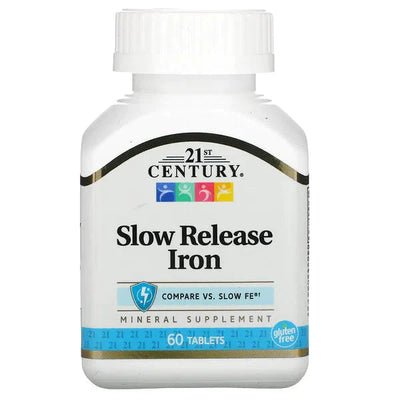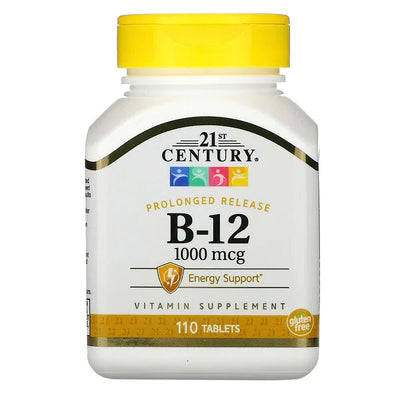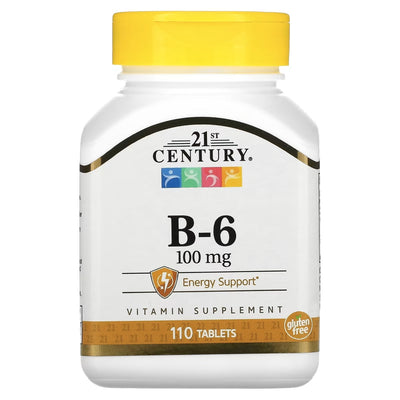
Creatine and Joint Health: Does it Help Prevent Injuries?
Understanding the Role of Creatine
Creatine's primary function is to help synthesize ATP (adenosine triphosphate), the molecule that fuels cellular activities, including muscle contractions and nerve signaling. While creatine is primarily known for its benefits to muscle cells, its impact on other aspects of physical health, including joint health, is worth considering.
Potential Benefits of Creatine for Joint Health
Enhanced Muscle Support
Stronger muscles can better support joints, which may reduce the risk of injuries. By improving muscle strength and mass, creatine helps stabilize joints and alleviate pressure on them during physical activities. This muscular support is crucial for preventing joint injuries, particularly in weight-bearing activities like running and lifting.
Improved Recovery
Creatine enhances the recovery process of muscles, which can indirectly benefit joint health. Faster muscle recovery can help maintain proper joint alignment and function, reducing the risk of overuse injuries.
Reduced Inflammation
Although research is limited, some studies suggest that creatine supplementation might help reduce inflammation. Since inflammation can contribute to joint pain and degradation, creatine's potential anti-inflammatory effects could be beneficial for maintaining joint health.
Enhanced Energy Production
With improved ATP availability, joint tissues may have the energy needed to undergo repair and maintenance processes more efficiently. This enhanced energy provision could help keep joint tissues healthy and resilient against stress and damage.
Research Insights
While the direct effects of creatine on joint health are not as extensively studied as its muscle and performance benefits, the indirect benefits through muscle support and reduced inflammation suggest a potential positive impact. However, more targeted research is needed to fully understand how creatine supplementation might directly affect joint tissues and injury prevention.
Best Practices for Using Creatine to Support Joint Health
Consistent Supplementation
To potentially benefit joint health, consistent daily intake of creatine is important. A standard dose of 3-5 grams per day can help maintain saturated muscle creatine levels, supporting overall muscle function and recovery.
Combine with Strength Training
For optimal joint support, combine creatine supplementation with a strength training routine that focuses on all major muscle groups. Strengthening the muscles around joints can provide better stabilization and reduce injury risk.
Monitor Body Mechanics
While taking creatine, pay attention to body mechanics during exercise. Proper form and technique are crucial to avoid placing undue stress on joints, regardless of muscle strength.
Stay Hydrated
Creatine increases water retention in muscles, which is generally beneficial for muscle performance and recovery. However, ensuring adequate hydration is also essential for maintaining the health of joint tissues.
Conclusion
Creatine has potential benefits for joint health primarily through its role in enhancing muscle strength, reducing inflammation, and supporting recovery processes. While direct evidence linking creatine to joint injury prevention is still emerging, the supplement's known benefits can indirectly contribute to healthier joints and reduced injury risks. As always, it's advisable to consult with a healthcare provider before starting any new supplement regimen, especially to ensure it aligns with your individual health needs and fitness goals.








